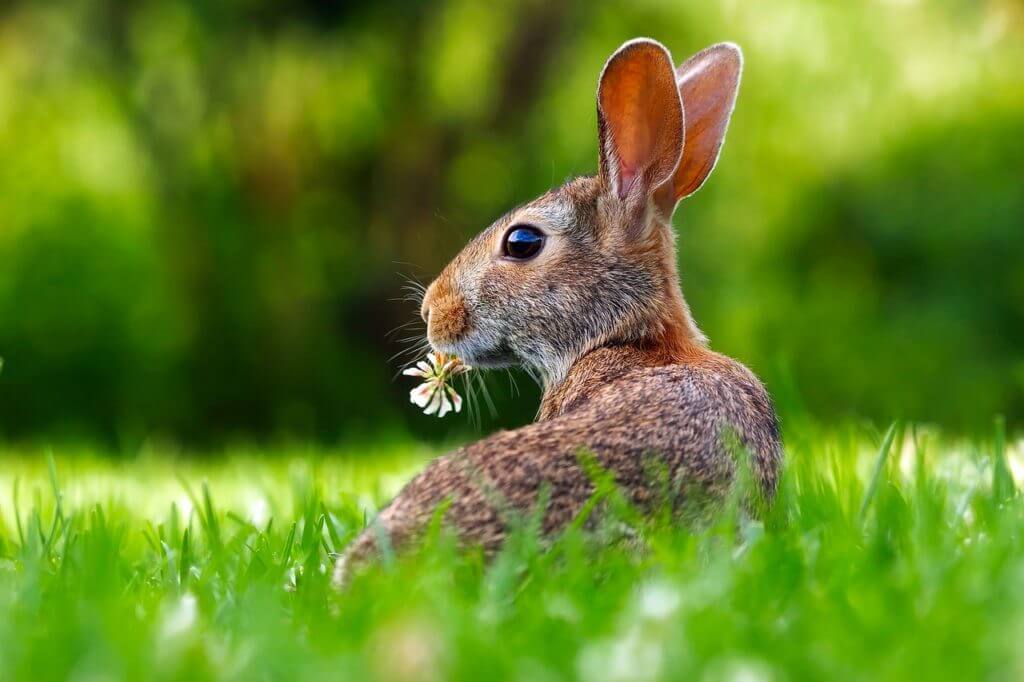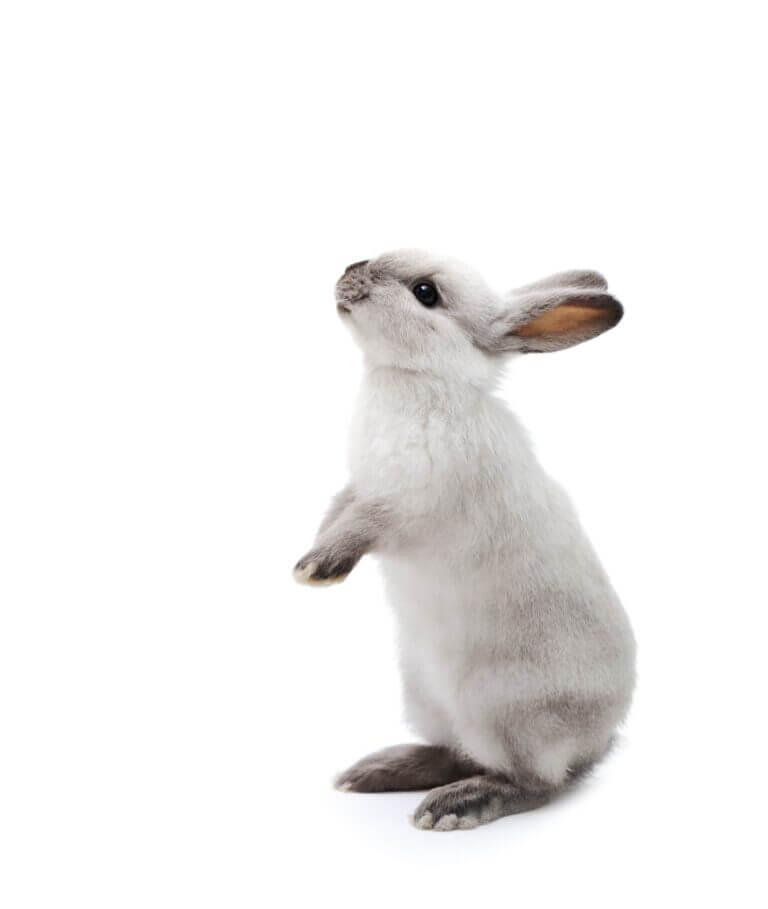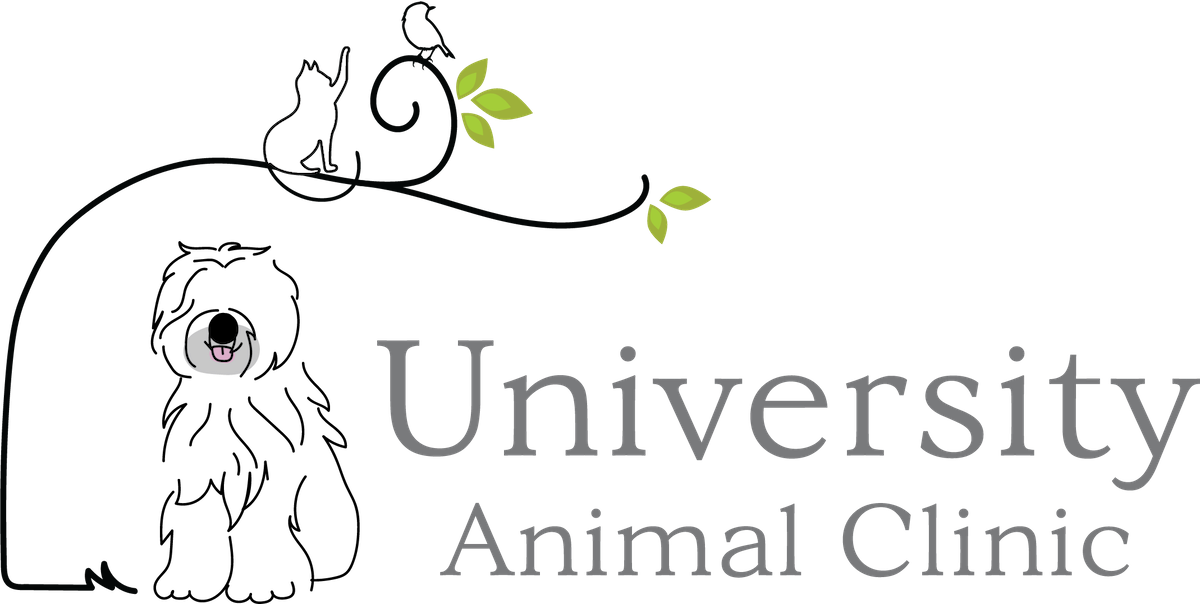
Similarities Between Rabbits & Horses
Why do rabbits and rodents eat hay? Are they just small horses? You’d be surprised to know the diet of small mammals and rabbits are actually very similar to that of a horse. Anyone who has owned a rabbit, guinea pig, or other small mammal knows access to hay at all times is imperative to their overall health and well-being. But do many understand why this is? To get a better understanding of why these little guys have such a similar diet to their Equine and Bovine friends we need to take a closer look at their anatomy.
Many people are surprised to find out that rabbits have 28 teeth, not just the 4 that are visible at first glance. The only teeth visible when you look at a rabbit without special instrumentation are the 4 incisors. Your exotic veterinarian uses special instruments to visualize the cheek teeth or molars inside your pet’s mouth. Their teeth continuously grow and are known as hypsodont or open rooted teeth. This means that these teeth will continue to grow in length throughout your pet’s life span and as such requires a proper diet to keep them at an appropriate length. These herbivores chew their hay in a circular motion which grinds the teeth keeping them at a proper length. This form of chewing is mainly performed during the chewing of hay and occurs less during the chewing of pellets and leafy greens. It is because of this as well as preventing weight gain that your veterinarian will recommend that 80% of your herbivores diet consists of hay and that the other foods be used for dietary supplementation and treats only.
Overgrowth, of not just the incisors but these cheek teeth, is a common cause for a visit to the vet for these little guys. These changes can lead to difficulty chewing and holding food within their mouth or excessive drooling. When these teeth become overgrown it can lead to sharp points that occur on the molars which can be painful causing the pet to stop eating altogether. This inability to eat over time can become life threatening. The treatment for this overgrowth is trimming of these teeth under general anesthesia using a dental unit and small clippers. A float is another instrument that can be used to file down the overgrown teeth. For some pets, they are never able to change this malocclusion and require regular teeth trims about every 6 weeks.

Another similarity between our small mammals and their larger counterparts is the composition of their gastrointestinal tract. These herbivores have bacteria within their gastrointestinal tract that help them digest fibrous material and remove the nutrition necessary from the hay and fibrous diet. It is because of these bacteria that it can be fatal to give rabbits certain antibiotics as they can kill these good bacteria and lead to overgrowth of the inappropriate bacteria and GI stasis.
Caring For Rabbits & Smaller Pets
Small mammals can make great pets providing love, companionship, and entertainment for all family members. I recommend taking these pets to a veterinarian that has experience in exotic specieswhen first purchased and at least on a yearly basis for general health examinations. This initial visit helps prevent one of the most common causes of injury and illness to these small creatures which are improper husbandry and nutrition. This time with the veterinarian and staff can provide important education about your new addition.
